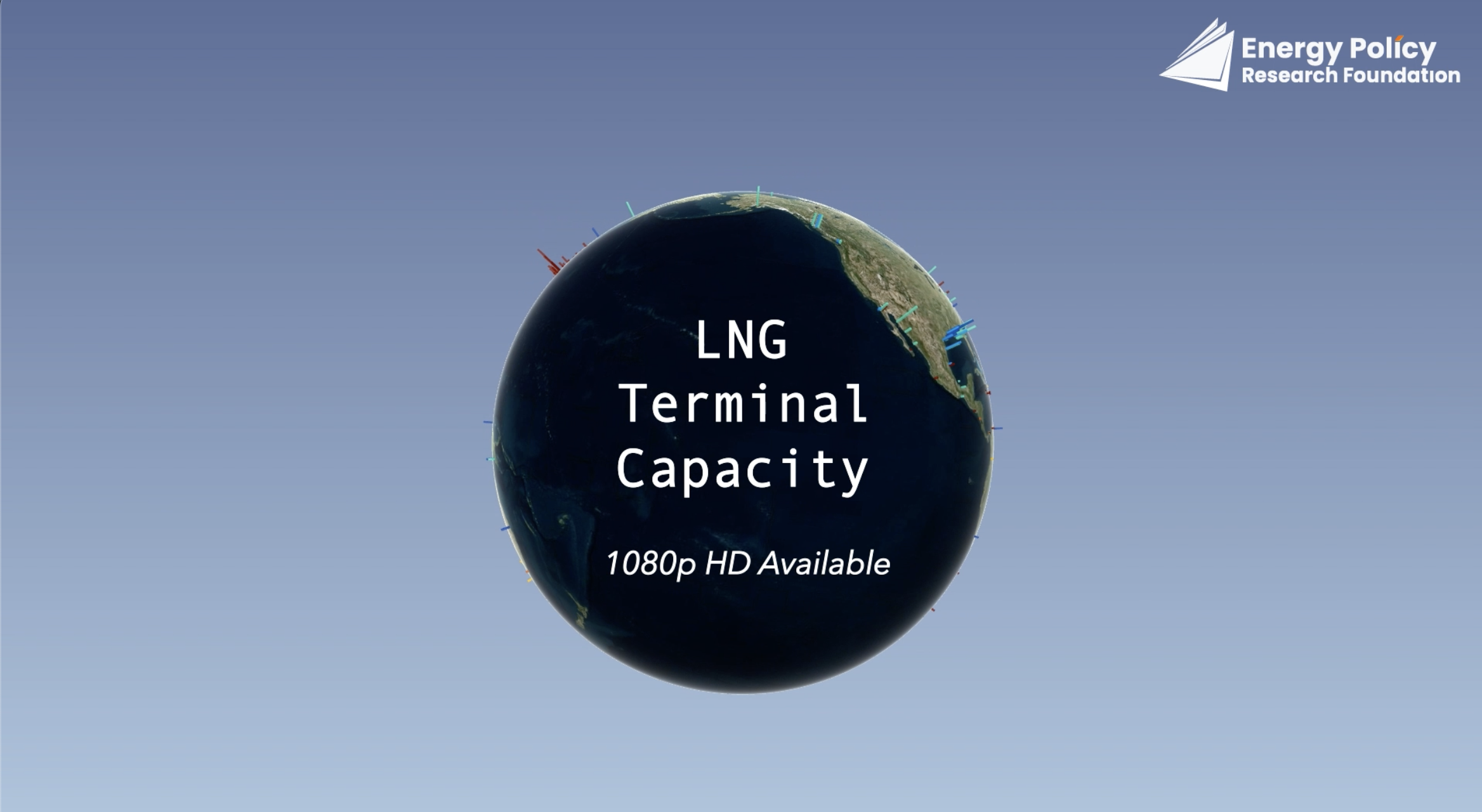



On Tuesday, March 7, 2023, concurrent with CERAWeek in Houston, the leadership of several prominent energy trade associations and think-tanks convened a half-day meeting with senior G7 energy delegates dubbed The Joint Energy Security Forum. Ahead of the deliberations that will lead to and be a part of the G7 leadership meeting on May 19-21, 2023 in Hiroshima, Japan, the Forum discussed the importance of natural gas in meeting global energy security and climate-related goals, especially in the context of Russia’s maligned use of its natural resources.
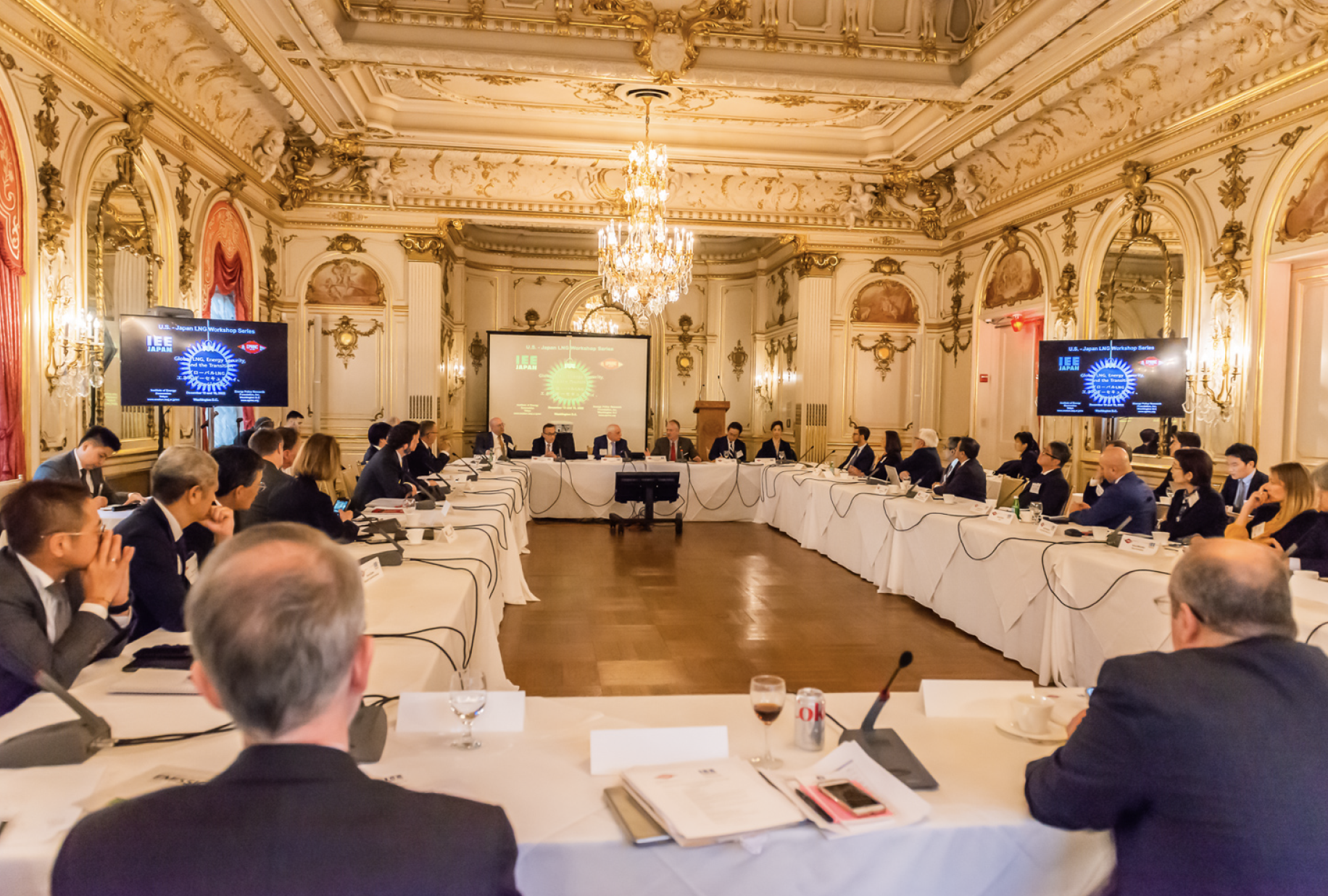
The Institute of Energy Economics Japan (IEEJ) in Tokyo and the Energy Policy Research Foundation, Inc. (EPRINC) in Washington DC have hosted an in-person workshop on December 15-16, 2022 in Washington, DC. The workshop, Global LNG, Energy Security, and the Transition, brought together a small group of policymakers, practitioners, and experts from the U.S., Asia,

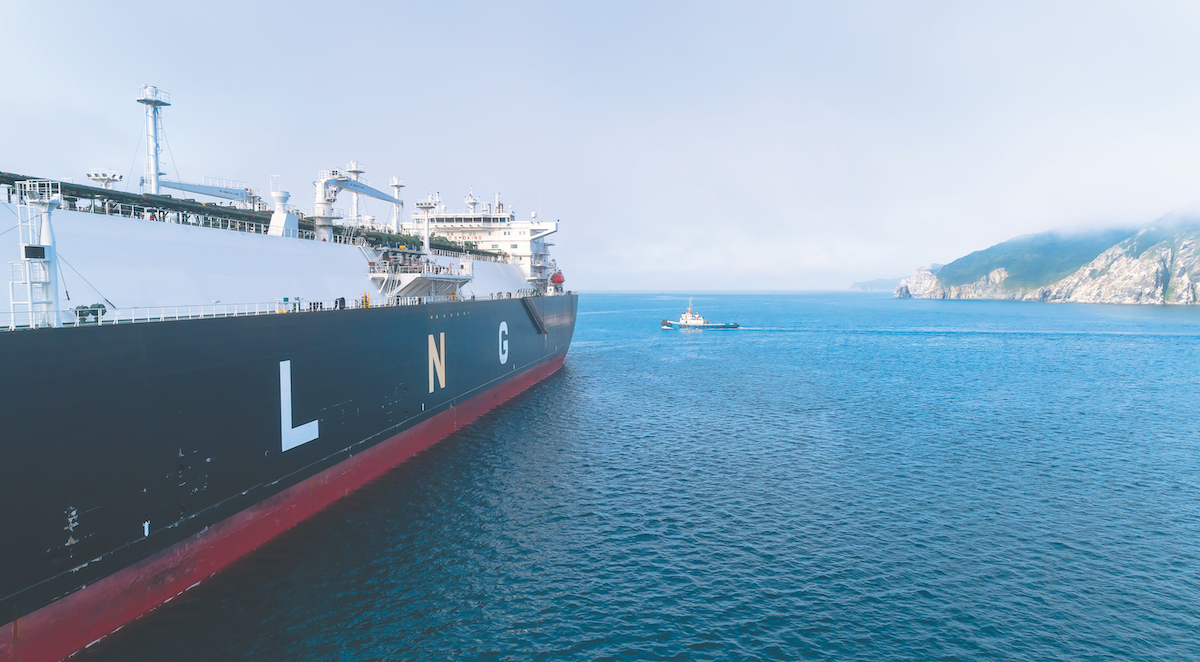
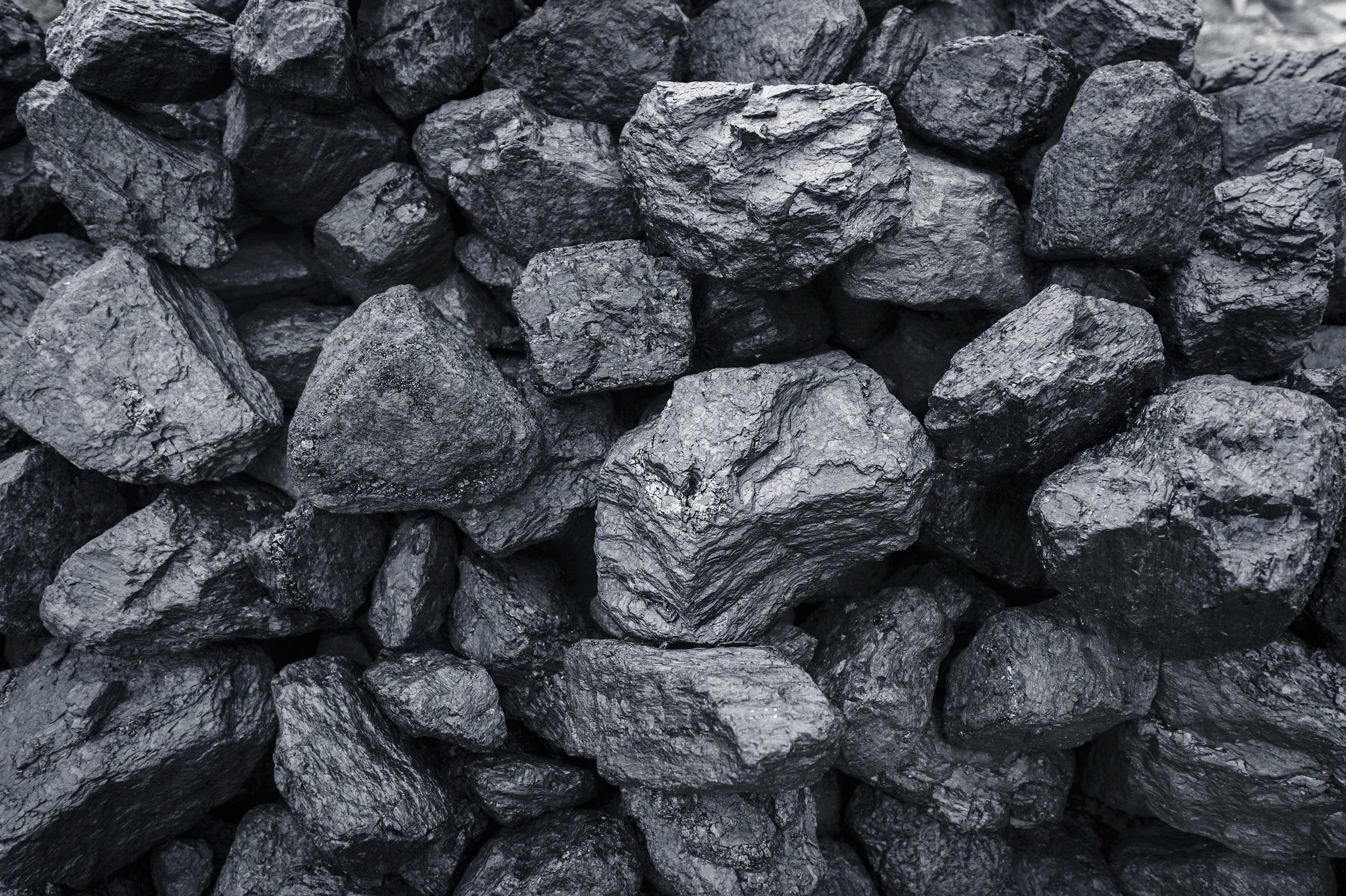


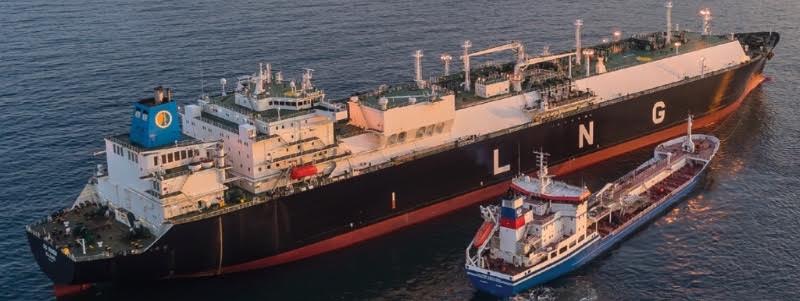
© Energy Policy Research Foundation | 25 Massachusetts Ave NW, Suite 500P (Mailbox 14), Washington, DC 20001 | (202) 944-3339 (Phone) | (202) 364-5316 (fax) | info@eprinc.org
Design & Development by Red Clay Creative